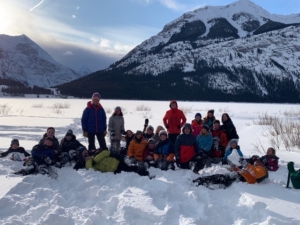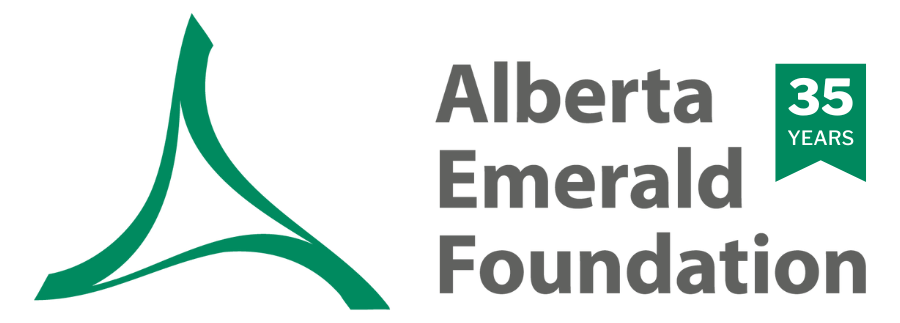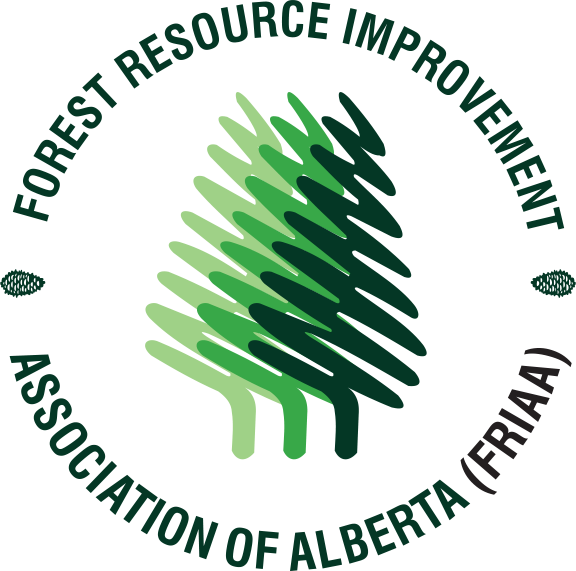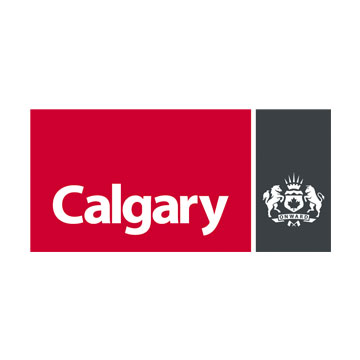
In Australia, some schools include semesters spent at remote outdoor campuses where hiking and kayaking are regular features of the curriculum.
When Nancy Pollard returned after a few years teaching in the land down under, she wanted to bring that style of education to Canada.
“I just thought we have to make this happen,” Pollard says.
“There has to be a way that the outdoors can be embedded in a school rather than just part of the phys ed class.”
With the support of school administration, she launched the Wisdom Inquiry Learning Doing, or W.I.L.D, program in 2014 at École Manachaban School in Cochrane, Alberta, ideally-located near the forests of the Rocky Mountains. The class of Grade 8 students regularly take their lessons outdoors and go on field excursions, including a final four-day backpacking trip.
Pollard teaches the core subjects, embedding the outdoors and nature into as many subjects as she can.
But students also learn wilderness skills through activities like pitching a tent or preparing meals that develop their own confidence and independence even as they learn to work as a team.
“The biggest takeaway for them — whether they learn the Pythagorean Theorem or whether they learn about the real number system — they’re learning so much about themselves and how to survive,” says Pollard.
But another important aspect of the program is developing the students’ relationship with the environment. Over the course of the year, they create their own environmental action plans — sometimes something as simple as starting their family on composting and measuring the results.
“We spend a lot of time looking at the environment,” Pollard says. “Learning about how we can live in harmony with the earth.”
She says she is also trying to weave more Indigenous sharing into the curriculum, inviting Elders into the classroom to talk to her students about traditional uses of plants, trees, and animals.
“I teach the kids a lot about the importance of not just respecting nature, but we have a responsibility,” Pollard says.
“We have a responsibility to our environment.”
Article by STEPHEN COOK







